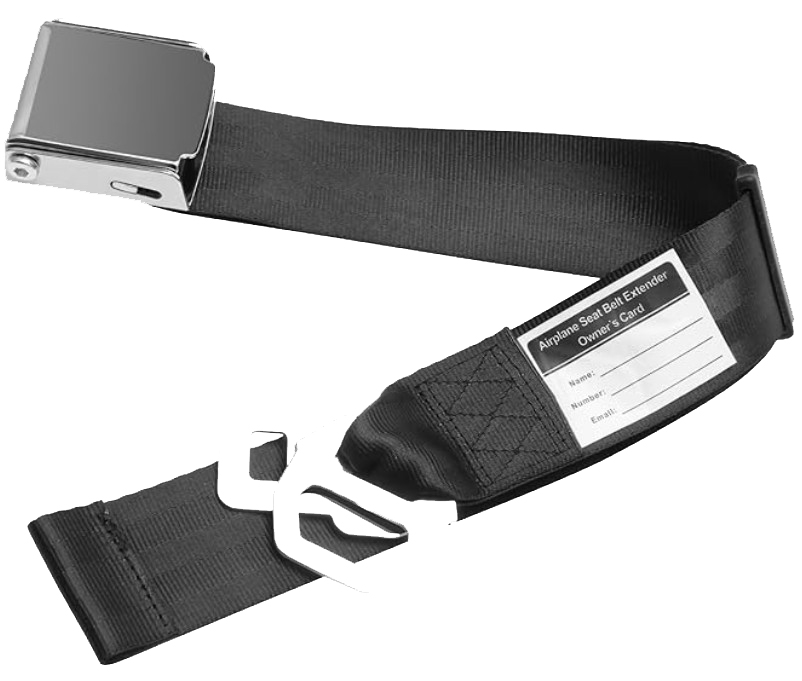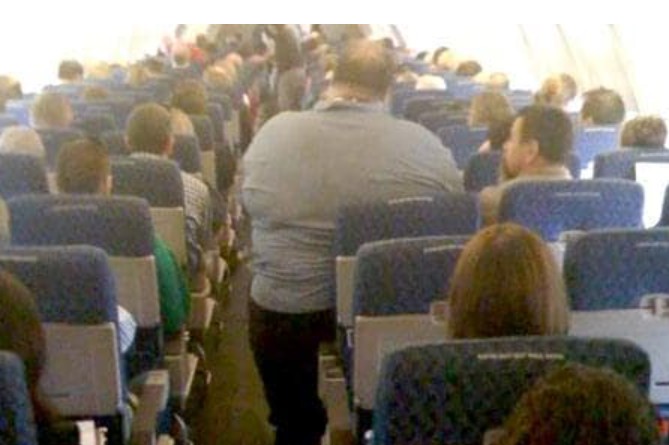Traveling can be one of life’s greatest joys — a chance to explore, reconnect, and experience something new. But for elderly or plus-sized individuals, it can also bring unique challenges. Tight airplane seats, long walks through airports, and accessibility concerns at hotels can quickly turn a dream vacation into an exhausting ordeal.
The good news? With some smart planning and a few insider tips, traveling while older or larger-bodied can be safe, comfortable, and incredibly rewarding. Here’s your ultimate guide to navigating the world — one accessible, joyful step at a time.
Before You Go: Planning Ahead for a Smoother Trip
1. Choose the Right Destination
- Look for mobility-friendly cities with good public transport, fewer hills, and walkable areas.
- Cruise ships, all-inclusive resorts, and national parks with shuttle services are great options.
2. Check Accessibility
- Confirm whether hotels, restaurants, and attractions are wheelchair-accessible or offer elevators.
- Ask if walk-in showers or ADA-compliant bathrooms are available if needed.
- If you use a CPAP machine, mobility scooter, or walker, confirm airline and hotel policies ahead of time.
3. Consider Travel Insurance
- Medical emergencies, flight delays, or cancellations can be more stressful with health concerns.
- Choose a policy that covers pre-existing conditions, emergency evacuation, and accessible accommodations.
4. Talk to Your Doctor
- Especially if you have chronic health conditions, a pre-travel checkup is wise.
- Ask about medications for motion sickness, altitude sickness, or jet lag.
- Request a letter if you’ll be traveling with syringes, oxygen, or prescription medications.
Packing Tips for Comfort and Convenience
1. Bring Comfort Essentials
- Compression socks to reduce leg swelling during flights
- Neck pillows and lumbar support for long journeys
- Loose-fitting, breathable clothing and comfortable walking shoes
- Medications in a carry-on, along with a copy of your prescriptions
2. Consider Travel Aids
- A foldable cane or walker if stability is a concern
- A seatbelt extender for air travel (available from airlines, but bringing your own offers peace of mind)
- Cooling towels, snack packs, and hydration tablets to stay comfortable in hot climates
3. Don’t Overpack
- If you tire easily, a light suitcase with spinner wheels is essential.
- Pack outfits that mix and match easily to reduce weight.
Air Travel: Making Flying Less Stressful
1. Book Smart
- Choose aisle seats for easier mobility — or bulkhead or exit rows for more legroom (check rules for who can sit in exit rows).
- Some airlines allow you to purchase an extra seat at a discounted rate for added comfort.
- Call the airline to request early boarding or mobility assistance at the airport.
2. Know Your Rights
- In the U.S., the Air Carrier Access Act protects travelers with disabilities. You have the right to assistance, accessible seating, and bringing medical devices onboard.
- You can request a wheelchair at check-in or even ahead of time online.
3. Plan for Security
- TSA Cares offers pre-travel assistance for people with medical conditions or disabilities. You can request help through security screening.
Hotel and Accommodations Tips
1. Call Ahead
- Ask for ground floor rooms, elevators, or ADA-compliant rooms.
- Confirm bed height, shower accessibility, and if there’s space for mobility aids or equipment.
- Request extra pillows or a recliner, which can make a big difference in sleep comfort for people with joint issues or breathing concerns.
2. Avoid Surprise Steps
- Even “accessible” listings online can be vague. Ask detailed questions: Are there steps into the building? Grab bars in the bathroom? Wide enough doorways?
3. Use Booking Filters
- Sites like Booking.com and Airbnb now allow you to filter for “wheelchair accessible” or “step-free access” features.
During Your Trip: Staying Safe and Enjoying the Journey
1. Pace Yourself
- Plan an extra day for rest at the beginning or middle of the trip.
- Schedule downtime between activities. You’re on vacation, not a race!
- Use apps to find nearby benches, elevators, and bathrooms.
2. Stay Hydrated and Nourished
- Bring a refillable water bottle, especially in hot climates.
- Carry healthy snacks to avoid blood sugar dips or long gaps between meals.
3. Be Open to Help
- Don’t hesitate to ask for assistance, whether it’s a bellhop, guide, or taxi driver.
- Many attractions offer scooter or wheelchair rentals — even some airports or amusement parks!
4. Stay Mobile — Within Reason
- Use public transportation over long walks when available.
- Use walking poles or a cane for added support during tours or hikes.
- Don’t skip excursions you want to do — just ask about their pace and terrain first.
Real Talk: Travel Confidence at Any Age or Size
There’s no one “right” way to travel. Whether you move at a slower pace or need a bit more space, you deserve to explore, relax, and enjoy new places just like anyone else. Don’t let outdated assumptions about age, size, or ability hold you back from seeing the world.
Quick Checklist for Elderly & Obese Travelers
- Doctor’s note + medications in carry-on
- Compression socks + comfortable shoes
- TSA Cares or airline mobility assistance request
- Travel insurance with medical coverage
- List of accessible activities and attractions
- Daily rest time built into itinerary
- Light luggage with spinner wheels
- Favorite snacks, water bottle, and neck pillow
- Confidence and a sense of humor



